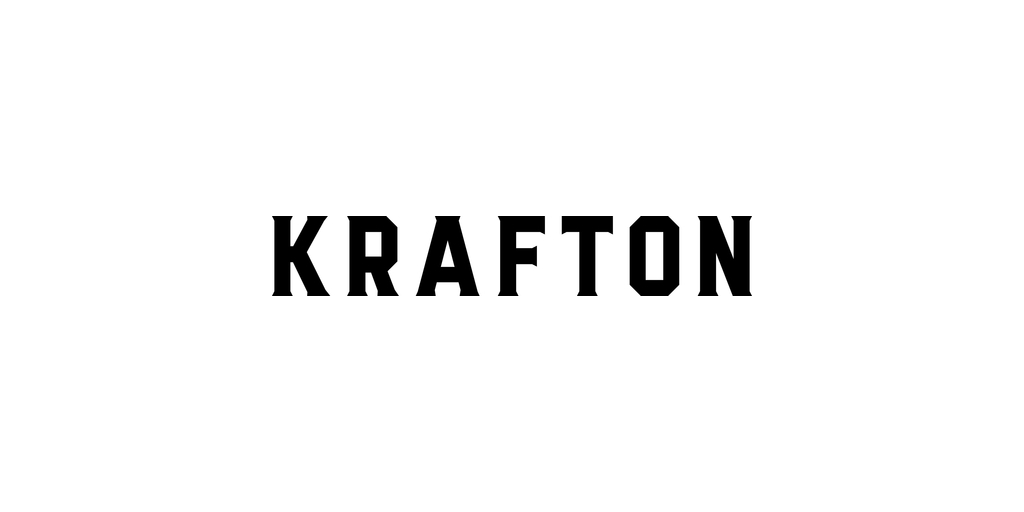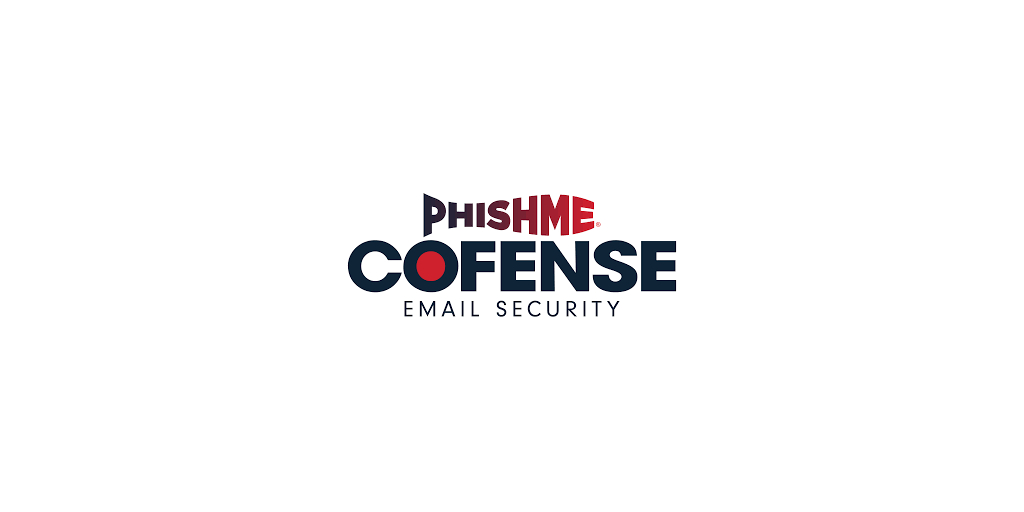National nonprofit credit counseling agency Take Charge America offers a range of guidance, from budgeting to debt-repayment strategies
How to Get Back on the Right Financial Track After the Holidays
Claire Chandler
Aker Ink
(480) 599-6880
claire.chandler@akerink.com
The holidays can be an excuse for one last blowout before vowing to reset financial goals in the new year. Credit card debt can accrue and savings deplete quickly as people enjoy the festivities. But with an action plan, short-term debt from the holiday season doesn’t need to saddle money aspirations in the year ahead.
“Between buying gifts, traveling and taking advantage of available discounts, it’s not uncommon to run into short-term debt during the holidays,” said Manuel Salazar, chief executive officer of Take Charge America, a national nonprofit credit counseling and debt management agency. “If you spent more than your budget allowed, take inventory of your expenses and find an optimal way to pay down the debt.”
Salazar shares six tactics on how to refresh your finances following the holiday season.
- Create or Refine Your Budget: A well-crafted budget is the cornerstone of financial stability. Review your spending habits and identify areas where you can cut back. You can find free budget worksheet online and through a mobile app.
- Conduct a Subscription Audit: A few dollars toward a slew of unneeded subscriptions can quickly bust your budget. Take a closer look at your subscriptions and cancel any unnecessary ones. Every dollar saved can be redirected toward climbing out of a short-term hole.
- Determine the Best Debt Payoff Strategy: If you’ve accumulated holiday debt, consider consulting credit counselor to develop a budget and personalized action plan to eliminate it. Free and confidential credit counseling sessions are available through nonprofit agencies like Take Charge America.
- Automate to Meet Financial Goals: Automating finances can improve financial discipline. You can schedule transfers from direct deposit into your savings account and set up recurring bill payments. These auto transfers make for better budgeting, knowing a portion of your money is earmarked for savings. They also save you the hassle of remembering due dates, which prevent unnecessary late fees.
- Fuel Your Savings: It is recommended to have three to six months of savings stashed away in case of emergencies. While hard to achieve, consider using holiday bonuses and tax refunds while adjusting your budget to boost your savings.
- Enlist Help: An accountability partner can ensure you stick to your budget. Choose someone you trust – a friend, partner or family member – and be honest about your progress.
For additional financial resources, visit Take Charge America’s Budget Tools.
About Take Charge America, Inc.
Founded in 1987, Take Charge America, Inc. is a nonprofit agency offering financial education and counseling services including credit counseling, debt management, housing counseling and bankruptcy counseling. It has helped more than 2 million consumers nationwide manage their personal finances and debts. Learn more at takechargeamerica.org or call (888) 822-9193.
View source version on businesswire.com: https://www.businesswire.com/news/home/20250108421932/en/
 Business wire
Business wire 











Add Comment